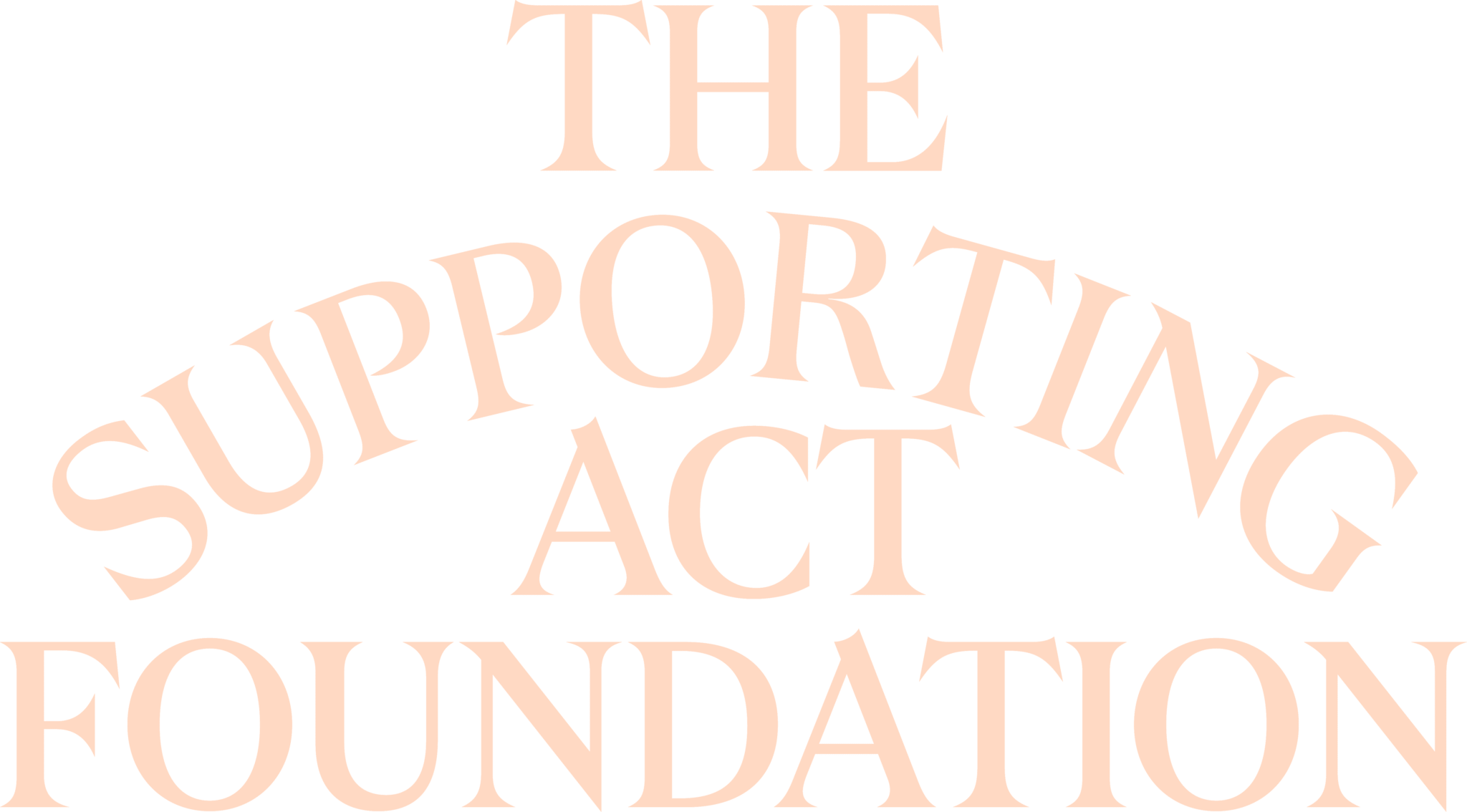Black [HER]story Month:
Defining my Blackness in Berlin

There’s only two things in this world that are absolute truths: I was born Black, and I will die Black. Black History Month has always been the time where society has given me permission to discuss “Black things” in the context of what is comfortable within a given institution (school, the workplace, etc). I was typically the only Black person in the room, which instantly classified me as the African-American cultural tour guide. “I do not exist to explain.“ Audre Lorde’s words played on loop in my head as I began to seek spaces to express my truth. The move to Berlin was part of a series of steps towards the self-articulation of my Black identity.
Audre Lorde. Angela Davis. James Baldwin. W.E.B Dubois. Those who came before me helped craft my newfound inner and outer journey. Their traces are still visible within the international landscapes of Black conversation. Coming to Berlin made me hyper-aware of my Blackness, even after living in the Pacific Northwest — where the weather, much like in Berlin, is the least passive aggressive thing in the city. Products of Blackness surrounded me but I never saw the people around. On my daily commute to the S-Bahn station, I pass a mass of hipster cafés playing everything from quintessential Fela Kuti to all A Tribe Called Quest songs sans Sucka N****. I stopped to grab a chai latte and heard Camp Lo’s “Luchini“. This was the point when I not only sang along with the chorus aloud, I made the promise that “this [was] it”.
This promise was making the conscious choice to fully embrace my Blackness in spaces that refused to deny it. To steep my Berlin experience in brown sugar and black tea. I began by picking spaces that actively challenge institutional portrayals of Blackness and open up conversations for us to continue building foundations for Black futures. I wanted the whole experience: to eat, listen, and think Black. I attended a list of events that would fulfill those needs.
Rosa Caleta
“This is probably the most Black people you have seen in one place.”
The last time I had cornbread was in December 2018. The first bite felt like remembering something I never thought I could forget. This wasn’t even part of the main dish, it was a free gateway into ingesting my culture. As I ate the guava jerk tofu, I recognized the different dimensions of needs that were fulfilled: my soul craved for sensual connection to my community, my stomach wanted to indulge in a vegetarian meal with actual flavor, and my eyes wanted to rest on other eyes who also have seen and known what it means to move through the world as a Black body.
Birthday Function
"How are you surviving?"
After desperately seeking Black community, I was excited to receive an invitation to celebrate another melanated person’s revolution around the sun. Upon arrival, I heard a chorus of laughter, and felt a wave of bass — key indicators of Black presence. Walking through the space, I finally came face-to-face with Black folx I had only met digitally. Each interaction revealed the personal truths of those who chose to immigrate to Berlin.
“How long have you been here?”
“Almost four years.”
“How are you surviving?”
“A mixture of vaseline and cocoa butter slathered on my face and body. Shining for the world to see. How are you?”
As he poured another glass of white wine for me I reflected. I reflected on the unsolicited stares from White bodies. Their stares asked hundreds of questions and demanded one response: Why are you here? I thought of the first time I walked outside, freshly showered, and watched my dewy golden skin turn to matte ash in seconds.
I filter all water and conversations that deflect race at least 2x a day in a bootleg Brita filter, exfoliate 2x a week with coffee and brown sugar to shed the negative projections, and moisturize 3x a day to decolonize my own thoughts and actions.
I walked home that night and the inner five year old in me smiled the whole way.
A Litany For Survival
"We were not meant to survive"
I had planned to attend an event at The.Word.Berlin organized by the womyn of Adefra since I had arrived in Berlin. The intersection between Black and German identities is a perspective that I believed would help me navigate Germany as an African-American woman. As the film, A Litany for Survival, played in the background, I looked around at the room filled with people from across the diaspora. We were in the company of women who had known Audre Lorde. Yet we are all in dialogue with her work in different ways — transforming silence into action
March 1 - Black Futures
"Hol-up"
I realized that although I had left a Black community in the U.S., I joined another that is collectively working to express and redefine Blackness. Black History Month left me full of emotions, great conversation, properly seasoned food and Solange’s new album.
Brown liquor, brown liquor
Brown skin, brown face
Brown leather, brown sugar
Brown leaves, brown keys
Brown creepers, brown face
Black skin, black braids
Black waves, black days
Black baes, black things
These are black-owned things
Almeda - Solange
Get DADDY in your Inbox
Stay in the loop by subscribing to our newsletter
